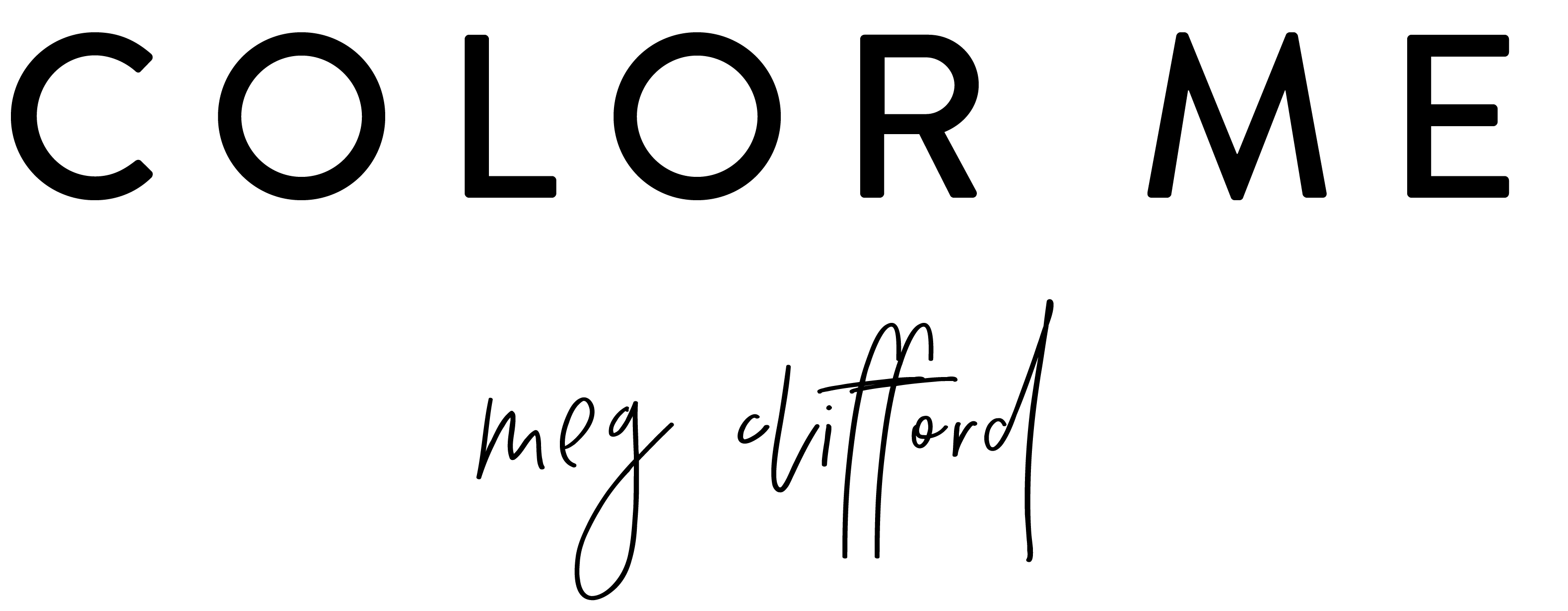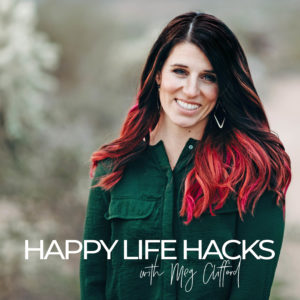when i took the monkey in for his six-month appointment, his doctor told me “by nine months, he should be eating everything you eat.” oh crap.
i will be the first to admit that i once squnched my nose in confusion at my granola mom friends that are solely organic and fill their easter eggs with whole grain goldfish. on the scale of zero to green, i am probably about 70%. i mean, i make the baby food, i do the cloth diaper thing, i even reuse, recycle, and use cloth grocery bags, but i would like to repent and ask for forgiveness for my nose squnching. up until now, most of my reasons for my green-ness were mostly convenience and cost.
i wanted to read the book because we have watched about 7 food documentaries in the past few months. yes 7. and lunch wars is based on a documentary! {that i haven’t seen yet} so, because she has seen the schools first-hand, her experience is real.
amy kalafa lists some frightening stats, then she goes on to explain all of the behind-the-scenes stuff that schools have to do to meet the “standards” and meet the revenue goals. schools have only $1 per student per meal to spend, which means that it is usually difficult to fill their required calories and “nutritional” content unless they use processed foods and free commodities. amy then taught me what that means, and terrifyingly explained the side-effects of things that are hidden in those processed foods.
{like the fact that young girls are starting periods 2 years earlier now than they did a generation ago. why? there are hormones in the food!}
some schools are so manipulative {because they have to be} to encourage buying the crap. like separate lines for the free meal kids and the a la carte food. why wait in the line with the healthier food that says, “i am poor” when you can spend more money for junk that tastes good? sadly, i remember those junior high bagels and fries and chocolate shakes. cause that’s what i ate. every. day. and if i had a spare dollar in my pocket, you can bet it was eaten by a vending machine.
{like the fact that young girls are starting periods 2 years earlier now than they did a generation ago. why? there are hormones in the food!}
some schools are so manipulative {because they have to be} to encourage buying the crap. like separate lines for the free meal kids and the a la carte food. why wait in the line with the healthier food that says, “i am poor” when you can spend more money for junk that tastes good? sadly, i remember those junior high bagels and fries and chocolate shakes. cause that’s what i ate. every. day. and if i had a spare dollar in my pocket, you can bet it was eaten by a vending machine.
i cringe a little just thinking about it. but i appreciate my new-found understanding of “granola moms” and the growing organic revolution. i can say i get it now.
i am a big believer in “you mom how you believe in mom-ing” and i try to keep my opinions to myself because inevitably someone will take it personally and hate me for saying, “this is the way I do it.” amy says, “Food is even more personal. What I consider inedible may be the mainstay of my neighbor’s pantry. We cling to our food fears and preferences the way we cling to religion.”
she shares stories of some schools that are now self-sustaining and have community gardens, use whole, organic produce, and spend the time to teach the children about where their food comes from. they watch the entire process. that’s my kind of education! because change is not an easy thing to do in many areas, she basically explains how to do something about it. who to talk to, what to ask… small changes are big changes sometimes. if i were still teaching at my tiny inner-city high school in D.C., you can bet i would be asking some questions! those kids didn’t sleep well, eat well, or write well. we could have helped at least one of those!
{i was excited to read in the book about the changes they’ve made to D.C. schools after i was there, in-part, thanks to Michelle Obama. i hope my school was included in that!}
i know, i have 6ish years to get truly heated about this, but i am a believer. besides, its now that i have to start establishing how i am going to roll at my house. and if i had a house, you can bet i would start planting tomorrow and would have a compost going yesterday.
one goal of these revolutionists is to pack the school lunchrooms with whole, natural foods and getting rid of all of the junk food. the argument is that “kids need options. they need to learn to make their own choices.” bull. since when do we say, “will it be recess or math?” the schools that did make changes, reported stats of higher achievement rates, better sports teams, less behavior issues, and less trips to the nurse. imagine that? and peeps like sarah palin will say, “but parents should choose, not the schools!” well, then get in there and help them choose! schools don’t have the tools, funding, and sometimes the “food IQ,” and need all the help they can get.
i guess what gets my blood boiling is the thought that i might one day have to send my kid to a school that will undermine what i as a parent teach him about food! whether that’s in the lunchroom, or a teacher using candy as bribes and rewards. no, i will not deprive my child of ice cream and cake and the occasional trip to a fast food joint, cause i believe that is part of the journey, but i will do my best to be one of those annoying moms who cares about health. i just will.
on that note, the part i did not agree with was about urban schools. she said that kids have a tough time as it is with health because they don’t have access to parks and playgrounds and they live among fast food on every corner. i have beef with the fast food nazis in the news lately. if your child is getting fat on fast food, that’s just plain too much fast food! we can’t blame the fast food places for what they want to serve because we keep eating it! {my students in D.C. spent most of the morning and night just getting to school, so i understand the argument, but they get lots of walking in!} amy is right, outside of what i feed my kids at home, schools are definitely the place of concern!
this was a paid review for blogher book club but the opinions expressed are all my own.
“be who you are and say what you feel,
because those who mind don’t matter and those who matter don’t mind.”
-dr. seuss




Way to go girl. I'm totally with you. We try our best to be healthy around here, it may not always be completely balanced (my husband luuuuurves his pasta and bread) but we always have fresh fruits and veggies for snacks, and most everything I cook is from scratch. It's taken a while to get to this point, but with not much money to spend on food, I can't afford to be buying boxed